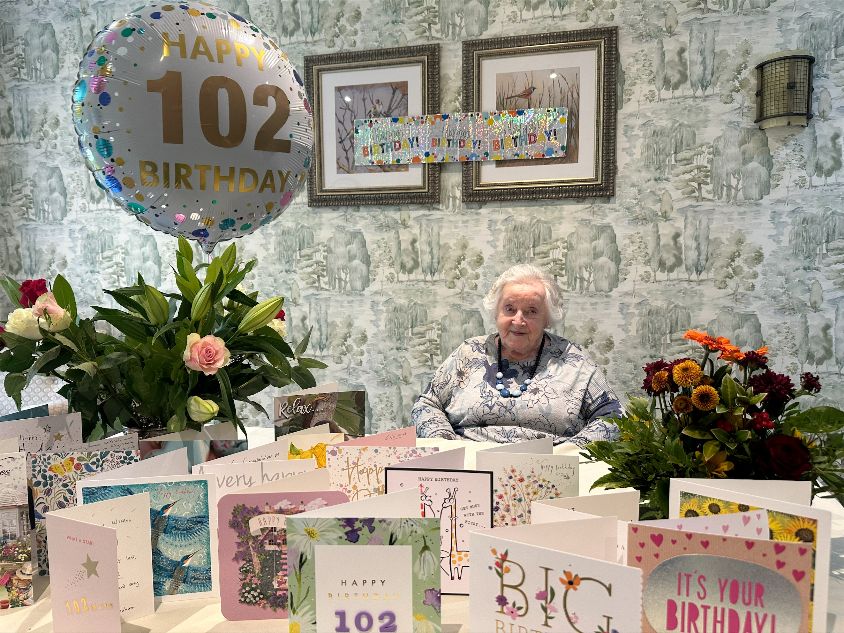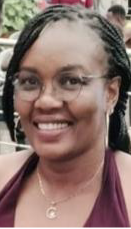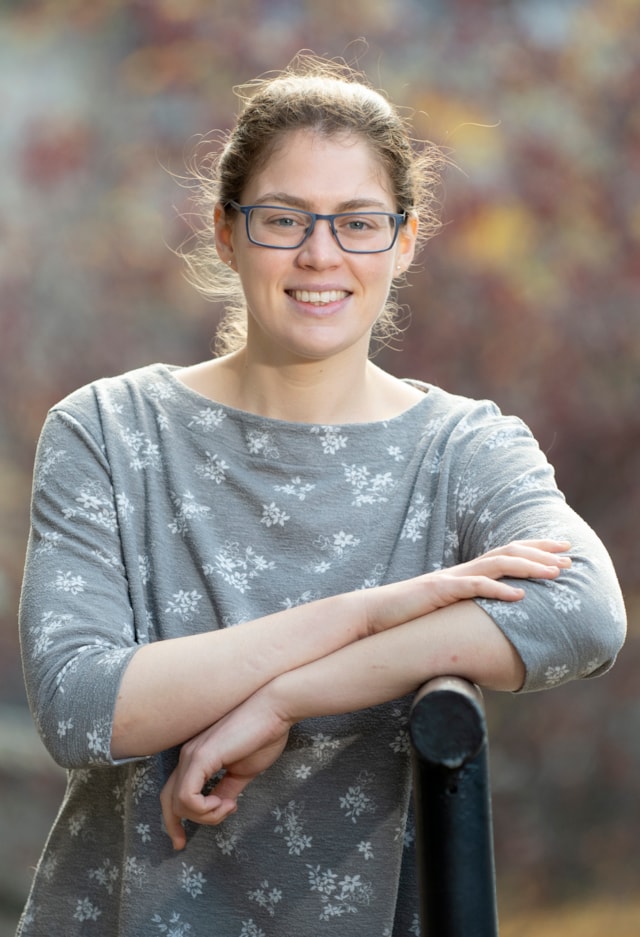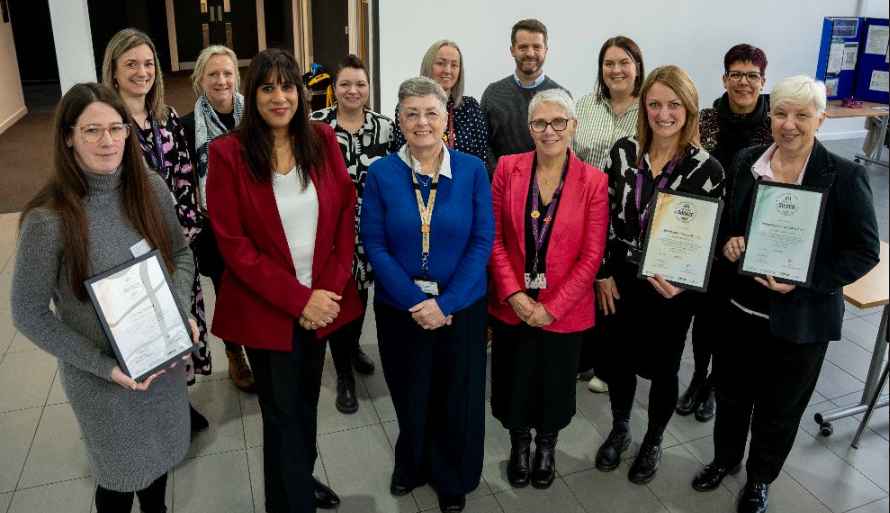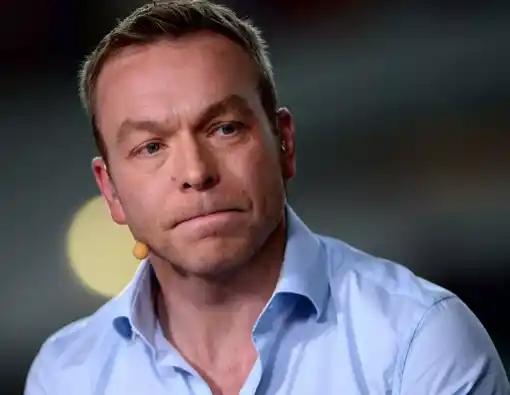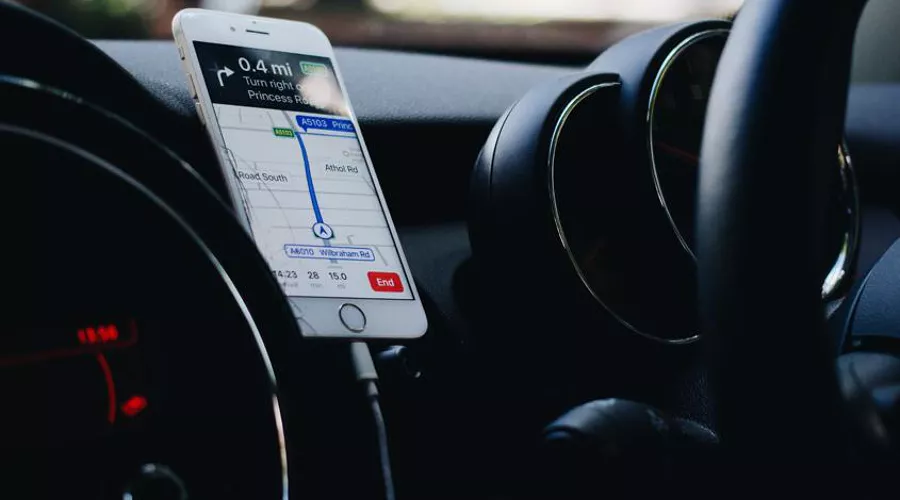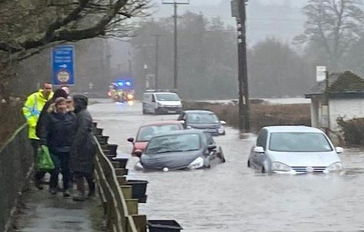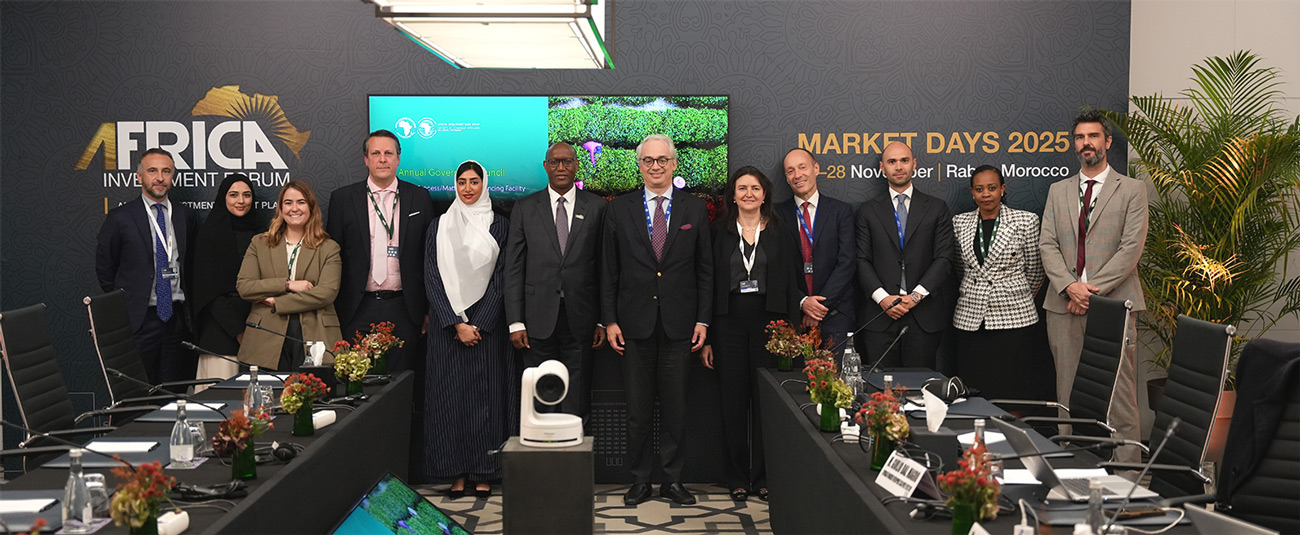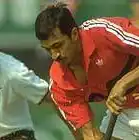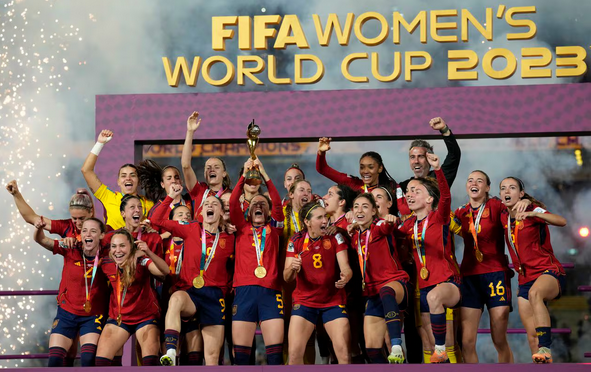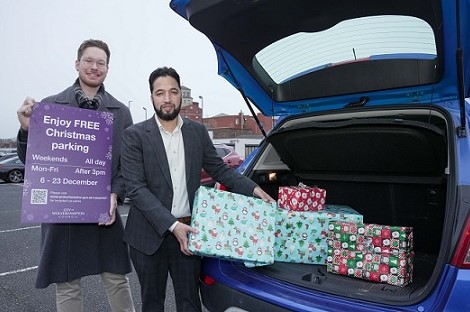Since partition in the late 19th century and political independence in the first half of the 20th century, African professionals have worked relentlessly to prepare young people for the herculean task of nation building.
Despite resource limitations, they have managed to forge a path of resilience whilst overcoming challenges to maintain relative co-existence in a world where higher education is still highly valued. For over a decade, Kenyan-born Caren Akoth Ogola (pic) who comes from a lineage of educators, has been contributing to education with humility and virtuosity.
“When we were young, our father believed that education was one of the finest traditions of service that we can give to our country." He insisted that we take up the mantle of educating our children for the future since Kenya has so many young people who need help and support”.
Ogola is a Public Relations and Communication lecturer currently reading for a Doctorate in Communication and Information Studies. She is also responsible for curriculum planning and development and is an active trade union representative at the university she works.
Caren was originally born in the village of Siaya to a large Luo family before migrating to Kenya’s capital, Nairobi, to improve her life. “Nairobi is a bustling city where everyone is trying to eke out a living in either business or the profession," she intoned.
"Many of us are battling systemic inequalities whilst trying to ensure our families enjoy healthy lifestyles and remain safe”. As a mother of three daughters, two of whom are university graduates, the Kenyan educator’s weekly schedule consists of teaching, supporting students, preparing exams, and attending PhD classes.
“In Africa, the job of an educator is very challenging: despite large classes and slender resources, you have to do your job professionally. Many of us struggle to earn a living but we find ways to cope and manage the situation to remain sane. We have a generation of young people - grappling with the challenges of technology, and we have a duty and responsibility to guide them on how to apply this science to the traditions of work and service”.
How does Ogola foresees the future of Kenya and continental Africa generally? “I see the future of our people as trying to find practical solutions to lots of problems that appear to be insoluble.
"I think we must be more proactive and combine the best of what we have as Africans with what the world has to offer," she concluded. "We must be realists and recognise that the struggle for identity is real and that our resources, while not infinite, must be managed more efficiently for the betterment of our people.
"I hope that my attempt at further education will enable me to function better, secure in the knowledge that I have more tools to guide the progress of future generations of Kenyans and Africans as a whole”.
By: Dr Christopher A. Johnson


